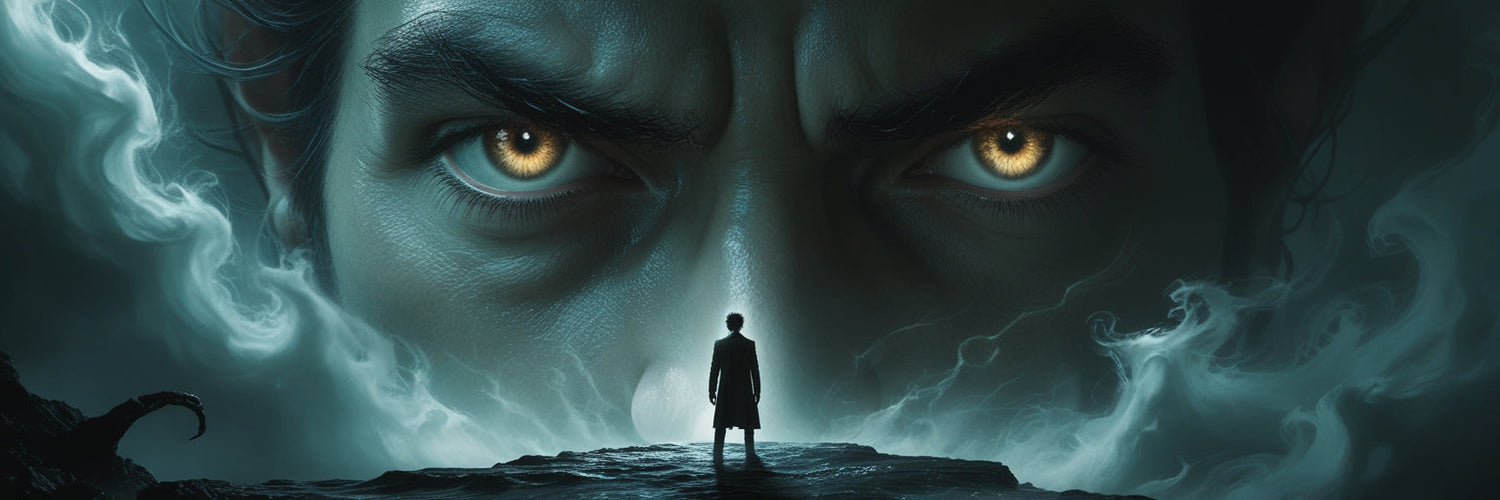The Abyss We Choose to Stare Into
Friedrich Nietzsche, never one to shy away from uncomfortable truths, offered a timeless warning to those who engage in political struggle:
“He who fights with monsters should look to it that he himself does not become a monster. And if you gaze long into the abyss, the abyss also gazes into you.”
For today’s activists, thinkers, and political leaders, this isn’t just poetic metaphor—it’s a moral imperative.
To fight injustice is noble. But the fight itself carries its own risks—not just to your cause, but to your character. Nietzsche’s abyss is not just the corruption or cruelty we confront in the world—it is what that confrontation can do to us. It’s the creeping temptation to mirror the very tactics, attitudes, and exclusions we set out to oppose.
When Justice Turns Inward
Movements grounded in freedom, compassion, and equity can, if unchecked, mutate into vehicles of conformity, exclusion, and domination. We’ve seen it across the political spectrum:
Debates that once sought clarity and truth dissolve into ideological loyalty tests.
Calls for justice harden into orthodoxy.
Critics and moderates are cast as enemies.
And slogans replace principles.
Nietzsche recognized this danger in all arenas of moral struggle. The more deeply one commits to a cause, the more tempting it becomes to justify any means in service of the end. But when that happens, when dissent becomes betrayal and purity eclipses tolerance, movements stop liberating—and start controlling.
Free Speech and the Paradox of Protection
Take the contemporary battle over free speech. In the name of protecting open discourse, people have censored ideas they find too dangerous or offensive. The contradiction is clear: silencing others to protect speech. And yet, it happens on all sides of the political divide.
Nietzsche’s point isn’t that we should avoid strong conviction. It’s that conviction without introspection becomes dangerous. When we stop questioning ourselves, when we lose sight of the values that started the struggle, we risk becoming what we claim to hate.
This isn’t abstract philosophy—it’s how movements lose credibility, how revolutions collapse into tyranny, how communities built on inclusion fracture under the weight of moral rigidity.
The Abyss Isn’t Just “Out There”
The monster, the abyss, the enemy—these aren’t only external threats. Nietzsche’s insight is that they also live within us. In how we argue. In how we treat our opponents. In how we treat our allies who speak up with doubt or dissent.
When ideology becomes identity, disagreement feels like a personal attack. The question shifts from "Is this right?" to "Whose side are you on?" And when sides become sacred, truth becomes expendable.
This is where self-awareness matters most. Political action without reflection becomes dogma. Passion without humility becomes zealotry.
Fighting Without Losing Yourself
Nietzsche wasn’t against fighting. He believed in struggle. He believed in challenge. What he opposed was the loss of authenticity and moral clarity that can occur when we give ourselves over to the struggle entirely—without pause, without perspective.
So what does it mean to heed his warning today?
It means holding our movements to the same moral standards we demand from our opponents.
It means being as critical of our methods as we are of our goals.
It means valuing integrity over victory, and principles over partisanship.
And above all, it means protecting our values—not just our side.
The Real Danger
The true danger isn’t just what you’re fighting against. It’s what the fight can turn you into.
Nietzsche doesn’t ask us to retreat. He asks us to stay awake. To keep our eyes open not just on the enemy, but on ourselves. Because the real battle—beneath the politics, beyond the protest—is to remain human in the face of the inhuman.
So fight. But fight with integrity.
Don’t become the monster. Don’t get lost in the abyss.






















































